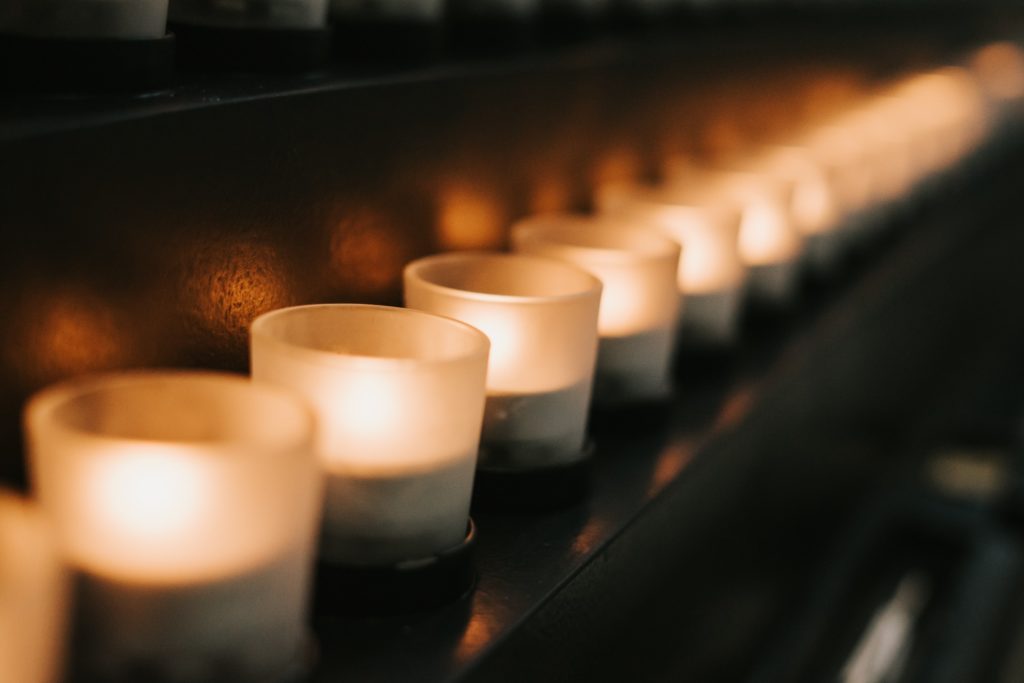Auschwitz survivor Hedy Bohm shares her story, and her thoughts on modern-day anti-Semetism

Last Wednesday, Hillel Ryerson hosted an online event with 92-year-old Auschwitz survivor Hedy Bohm, who shared her life story.
The event was held in honour of both Holocaust Education Week and International Holocaust Remembrance Day. It brought over 80 people together from three university chapters of Hillel, an international Jewish student organization, within Toronto.
Bohm talked about how she had a fairly normal childhood in the Transylvania region of Romania. Her father was a furniture maker and her mother was a homemaker. “My world was very safe,” she said.
However, in 1944, at just 15, Bohm and her parents, along with 30,000 other Jews in her community, were removed from their houses and forced to move to an overcrowded ghetto in the town centre of Oradea.
Bohm and her family had no idea the reality of the world outside of their town, due to the widespread government propaganda they were exposed to.
In the midst of the ghetto, Bohm had her 16th birthday. Just weeks later, she would be moved to Auschwitz-Birkenau.
“You hear about these awful events, you read about them, you learn about them in school, but nothing really makes you feel it like hearing a survivor tell their story,” said Michal Aizikov and Jeremy Kellen, two of the student organizers at Hillel Ryerson, in a shared statement.
They added that one of the most poignant moments of Bohm’s talk was her account of arriving in Auschwitz.
Bohm said “the most traumatic moment of [her] life,” was upon her entrance into Auschwitz, when a Nazi soldier held a rifle in front of her, seperating her from her mother — the last time they would ever see each other.
Aizikov and Kellen said hearing Bohm describe it herself made it feel like you were in her shoes.
After a few months in Auschwitz, in conditions she described as “hell,” Bohm was moved to a labour camp, where she worked 12-hour shifts, manufacturing ammunition for the Nazis.
During her time in the concentration camps, she had glimpses of hope. In February 1945, while working in the ammunition factory, Bohm was thrown a note from a French war prisoner that read simply “the Allies are advancing, it won’t be long now, don’t give up hope.”
“That’s why I survived,” she said. “I was able to keep on hoping.”
Bohm was freed by American troops in April 1945 and immigrated to Canada shortly after.
Aizikov and Kellen said having the chance to hear from a Holocaust survivor is so important, as Gen Z is among the last generations to hear these stories first-hand.
While it has been 76 years since the end of the Second World War, anti-Semetism is still prevalent across the globe. A study by the Anti-Defamation League found that in 2019, approximately 26 per cent of the global population held anti-Semetic views; in Canada, about 14 per cent hold anti-Semetic views.
Bohm said she has been particularly disheartened with the events in America in the last four years. “We are repeating the same mistakes.”
“Anti-Semitism often manifests in extremist spaces and so its rise in today’s polarized world comes as little surprise to many Jewish people. I hope that mainstream discourse learns about the ways in which anti-Semitic tropes functions and the conspiracy theories they are rooted in,” said Aizikov and Kellen.
Bohm’s has one message she wants to share with young people: “Rock the boat, don’t be quiet, don’t just do what you’re told.” And to young Jewish people who want to honour Holocaust victims and survivors, she added that, “making the world a better place starts with you.”
